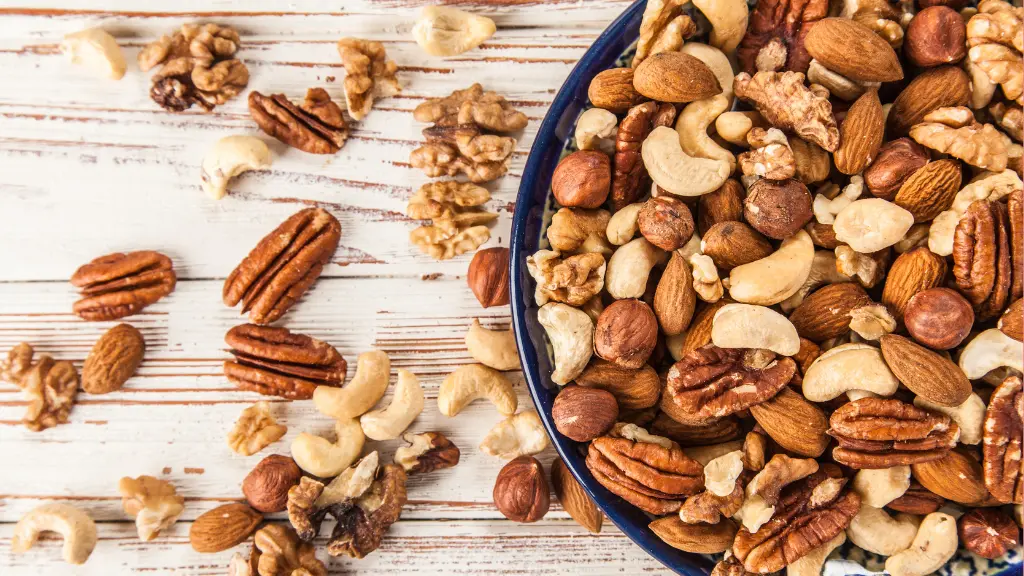Fiber is an essential component of a healthy diet, promoting digestion, heart health, blood sugar regulation, and more. Many people turn to fiber supplements to help reach the recommended daily intake, but is this option as effective as getting fiber from natural food sources? Here’s what you need to know about dietary fiber, its sources, and the pros and cons of fiber supplements versus whole foods.
You May Also Like: Vacheron Constantin’s 6,000-Hour Watch: A Legacy of Luxury and Timeless Craftsmanship
1. Understanding Fiber and Its Role in Health
Fiber, a type of carbohydrate found in plants, is essential for a well-functioning digestive system. Unlike other nutrients, fiber isn’t digested but moves through the intestines, where it contributes to numerous health benefits. There are two primary types of fiber:
- Soluble Fiber: This type dissolves in water and forms a gel-like substance in the stomach. Found in foods like oats, apples, and beans, soluble fiber is known for lowering blood cholesterol and controlling blood sugar levels.
- Insoluble Fiber: Insoluble fiber doesn’t dissolve in water and adds bulk to the stool. It’s found in foods such as whole grains, nuts, and vegetables. Insoluble fiber helps prevent constipation and promotes healthy bowel movements.
Both types of fiber are essential for overall health, and different food sources often provide a unique mix of soluble and insoluble fiber. The current dietary guidelines suggest a daily intake of 25 grams for women and 38 grams for men, but many people struggle to meet these targets, leading them to consider fiber supplements as a solution.
2. Fiber From Food: The Benefits of Whole Sources
Natural sources of fiber, like fruits, vegetables, whole grains, nuts, and legumes, offer more than just fiber. They also provide vitamins, minerals, antioxidants, and phytochemicals, which work synergistically to boost overall health. Here’s why fiber from food has unique benefits:
- Nutritional Synergy: Fiber-rich foods are packed with other nutrients that contribute to better absorption, immune function, and antioxidant benefits. For instance, the vitamin C in apples and oranges enhances fiber’s beneficial effects on gut health and inflammation.
- Optimal Digestive Impact: Whole foods offer a balanced mix of soluble and insoluble fiber, which promotes both regularity and balanced gut bacteria. Dietary fiber from food also ferments slowly in the colon, feeding good bacteria and promoting a healthy gut microbiome.
- Satiety and Weight Management: Fiber from whole foods, particularly from fruits and vegetables, tends to be more filling than that from supplements. This fullness can help with appetite control, making natural fiber a great choice for weight management.
- Health Benefits Beyond Digestion: Whole food fiber has been linked to reduced risks of heart disease, type 2 diabetes, and certain cancers. In contrast, fiber supplements don’t offer the same range of protective effects that whole, fiber-rich foods do.
Despite these advantages, many people face time constraints, dietary restrictions, or have medical conditions that may make it difficult to get enough fiber from food alone.
3. When and Why to Consider Fiber Supplements
Fiber supplements, available in various forms like powders, capsules, and chewables, can be convenient and effective for those struggling to get enough fiber from their diet. Common types of fiber supplements include:
- Psyllium Husk: Known for its high soluble fiber content, psyllium helps with constipation and can support heart health by lowering cholesterol.
- Methylcellulose: A synthetic fiber, methylcellulose dissolves easily in water and can relieve constipation without causing gas or bloating.
- Inulin and Oligofructose: These prebiotic fibers stimulate the growth of beneficial gut bacteria and are commonly used in fiber supplements.
While fiber supplements can provide some benefits, there are instances when they may be particularly helpful:
- Digestive Issues: People with conditions like irritable bowel syndrome (IBS), constipation, or diverticulitis may benefit from the concentrated dose of certain fibers that supplements offer, as recommended by their healthcare provider.
- Inadequate Fiber Intake: Those with limited access to fiber-rich foods or who follow restrictive diets (like low-carb or keto) may find supplements a useful addition to their routine.
- Weight Management Support: Soluble fiber supplements, such as psyllium, can help promote satiety, making them a supportive tool for those trying to manage their weight.
While fiber supplements can fill the gap, they’re not without limitations or side effects, especially if taken in excess.
4. Drawbacks of Fiber Supplements
Although fiber supplements have their place, they don’t replace the broad benefits of dietary fiber from whole foods. Some key downsides to fiber supplements include:
- Limited Nutritional Value: Unlike fiber-rich foods, supplements don’t offer vitamins, minerals, or antioxidants, which are essential for overall health. Relying solely on supplements may lead to nutritional gaps.
- Digestive Discomfort: Fiber supplements can sometimes cause bloating, gas, or cramping, especially when taken in large amounts or without enough water. To avoid discomfort, it’s important to start with small doses and increase gradually.
- Risk of Imbalance: Because most supplements contain one type of fiber (like psyllium or inulin), relying on them can disrupt the natural balance of soluble and insoluble fiber in the diet, which can affect gut health and digestion over time.
- Interactions with Medications: Some fiber supplements, like psyllium, may interfere with the absorption of certain medications. Always check with a healthcare provider before starting a supplement regimen, especially if you take medications regularly.
For those looking to improve their fiber intake without supplements, a balanced approach to diet can provide the fiber your body needs to thrive.
5. How to Increase Fiber Intake Naturally
If you’re hoping to boost your fiber intake through food rather than supplements, here are some simple tips:
- Incorporate Fiber-Rich Fruits and Vegetables: Berries, apples, carrots, and leafy greens are excellent fiber sources that can be added to meals or eaten as snacks.
- Choose Whole Grains Over Refined Grains: Switch from white bread and rice to whole grains like brown rice, oats, quinoa, and whole-wheat bread.
- Add Legumes to Your Diet: Lentils, beans, and chickpeas are rich in fiber, protein, and other nutrients. Add them to soups, salads, or stews for an easy fiber boost.
- Snack on Nuts and Seeds: Almonds, chia seeds, and flaxseeds are fiber-rich and easy to incorporate into yogurt, smoothies, or salads.
- Hydrate: Increasing fiber without enough water can lead to constipation. Drink plenty of water throughout the day to support healthy digestion.
A gradual increase in fiber can help avoid discomfort and support better digestive health.
Conclusion: Balancing Fiber Sources for Optimal Health
Both fiber from food and fiber supplements have their roles in supporting health, but they’re not necessarily interchangeable. Whole foods offer a complete package of nutrients, fostering overall wellness and disease prevention. Fiber supplements can be a valuable tool for those with dietary restrictions or specific digestive needs but should ideally complement, rather than replace, dietary fiber.
To get the most benefit from fiber, aim for a varied diet rich in natural sources, and use fiber supplements when necessary to meet specific health goals. With the right approach, you can enjoy the digestive, cardiovascular, and metabolic benefits that fiber provides, ultimately supporting a longer, healthier life.










